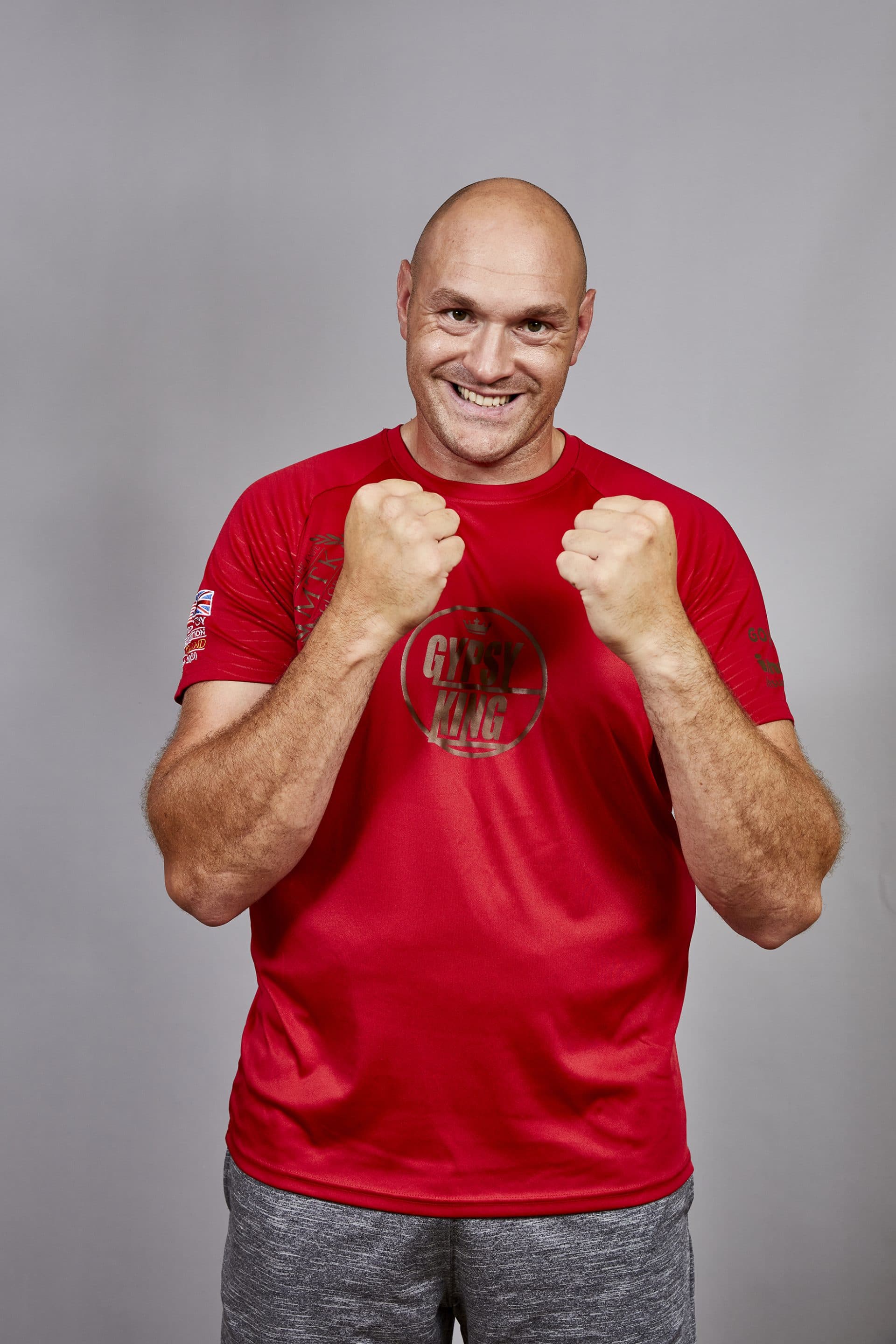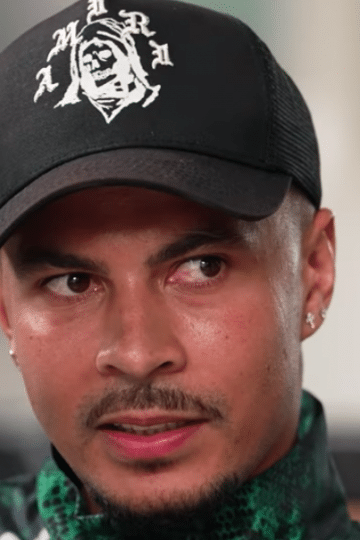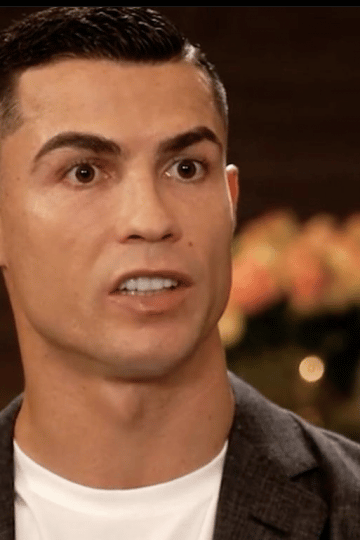Tyson Fury on Beating Your Bad Habit ‘Triggers’
Sport
In this exclusive extract from his new book 'The Furious Method', Tyson Fury talks about improving your mental health by tackling the triggers that take you down the wrong paths.
Triggers
Let’s say a person has a habit of going to the pub every day they’re at work. They’re spending more than they want to and have developed a beer belly. Despite trying to eat a healthy salad at lunch they still find themselves going to the pub with their mates and ordering something to eat and drink.
To get to the root of a bad habit, we first need to ask how often is this behaviour happening? In our example, let’s say it’s at lunchtime at the pub on three days out of five. Next is a harder question. We need to ask what is the trigger for going to the pub? Boredom? Hunger? Thirst? You can have positive triggers too. But triggers often relate to things that unbalance our thinking and can make us feel bad about ourselves – and they’re often unconscious. Next time you become low in yourself, examine the feeling in your gut and sit with it. Do you feel insecure? Angry? Guilty? Try and pin down if it was something in particular that was said to you that set off a trail of thought that led to an ill feeling inside you. With our pub-goer, perhaps they pass a place each morning that reminds them of a sad memory or person. The more we get used to identifying the triggers that are sending us off down the wrong thought path, the better we’ll get at avoiding these negative dead-ends in the future. In many cases, it’s quite possible that someone close to us may have said something by accident. I found that when I was trying to get better it was unhelpful to be constantly asked if I was all right as it reminded me of the dark days. It reminded me that something was still wrong with me, and then I would start falling down a muddy slope of depression again. If this is the case, you must communicate to the people in your support network so they know and can stop doing it.
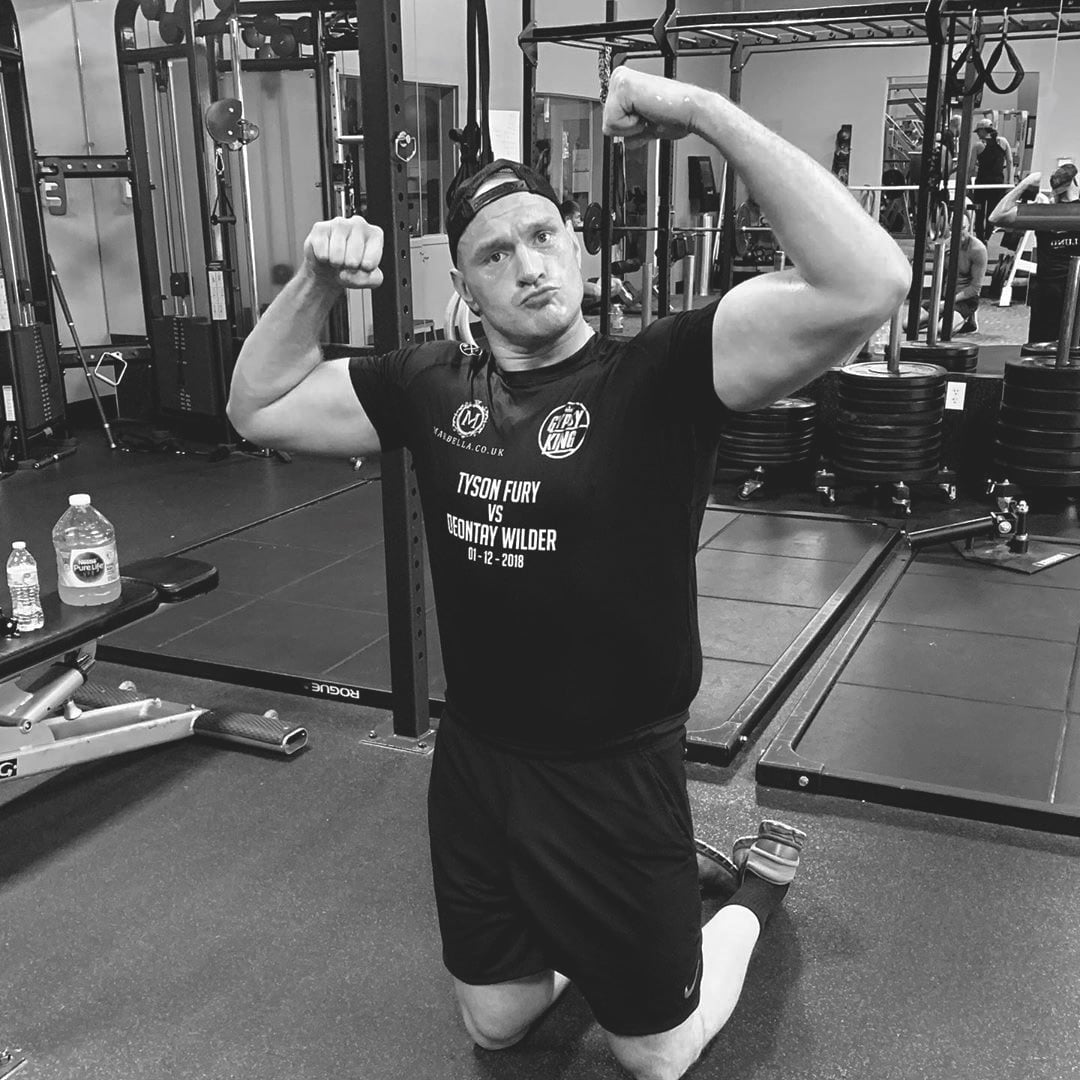
The final part of changing a habit is to figure out what the reward or incentive is that is driving us to this behaviour in the first place. In our pub example, is the person lonely or unhappy on their own – so justifies being there in the company of their friends? Once we’re aware of the reward that is driving us, it’s much easier to look for a new habit and routine that fulfils that desire. Should our pub-goer be looking to hang out with their friends or family somewhere else? If we realise a reward is destructive or bad for us, we can start to work towards a new reward and a new habit.
I’ll leave you with this piece of advice to stew on. If you get stuck in bad ways with your mental health, and if you develop habits or thoughts that you’re ashamed of, there is a way back. And forgiveness is part of this. You may need to ask forgiveness of others you’ve let down with your behaviour. Believe me, I’ve done my fair share of that. But you also need to forgive yourself. It’s a true relief in life. You’re carrying a burden with you otherwise.
As long as you are dedicated to changing your ways and habits, and you commit to working on your mental health or getting professional support, you’re on your way back.
‘The Furious Method: Transform your mind, body and goals’ by Tyson Fury is out now.
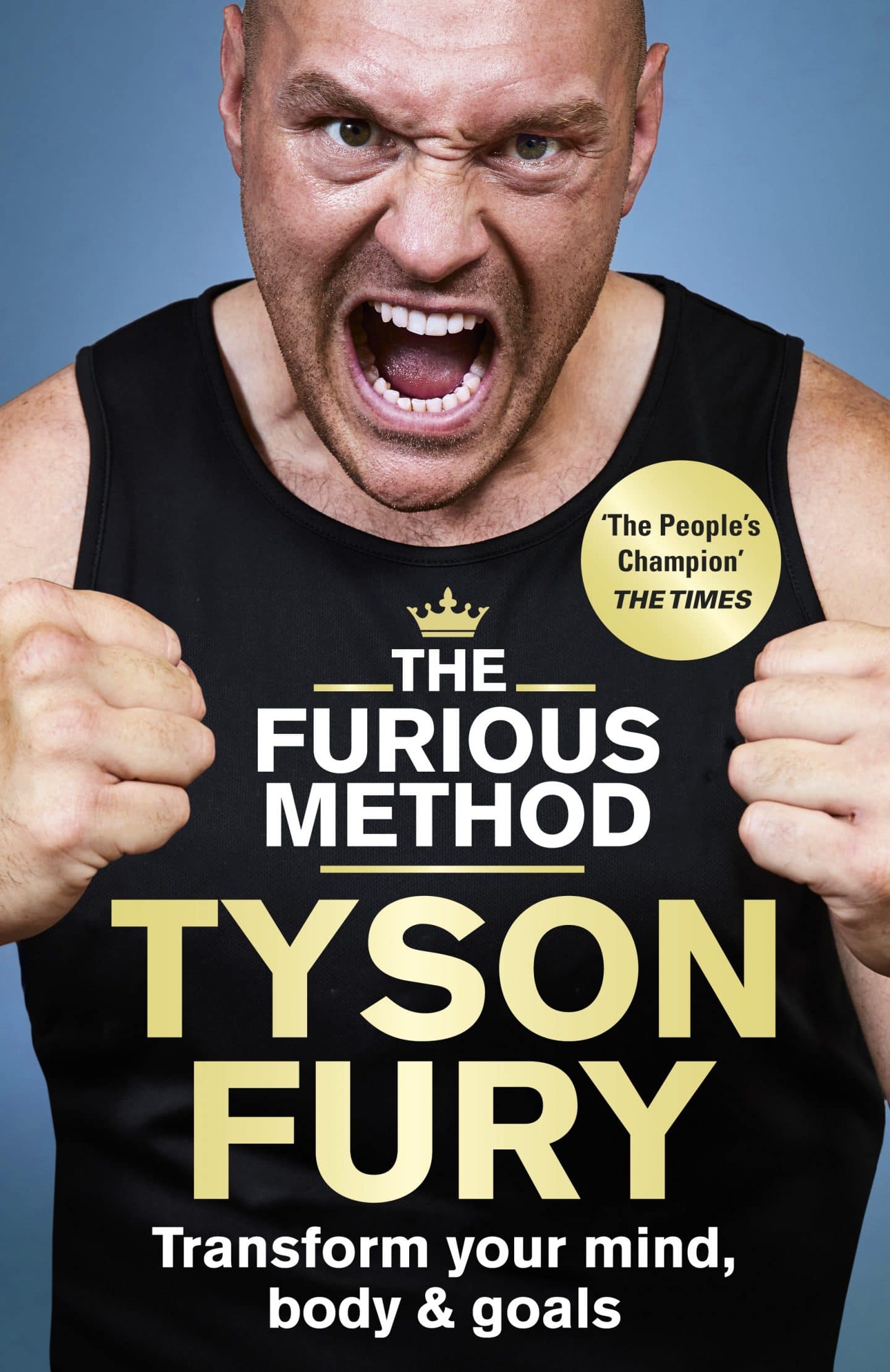
Trending

Join The Book of Man
Sign up to our daily newsletters to join the frontline of the revolution in masculinity.




